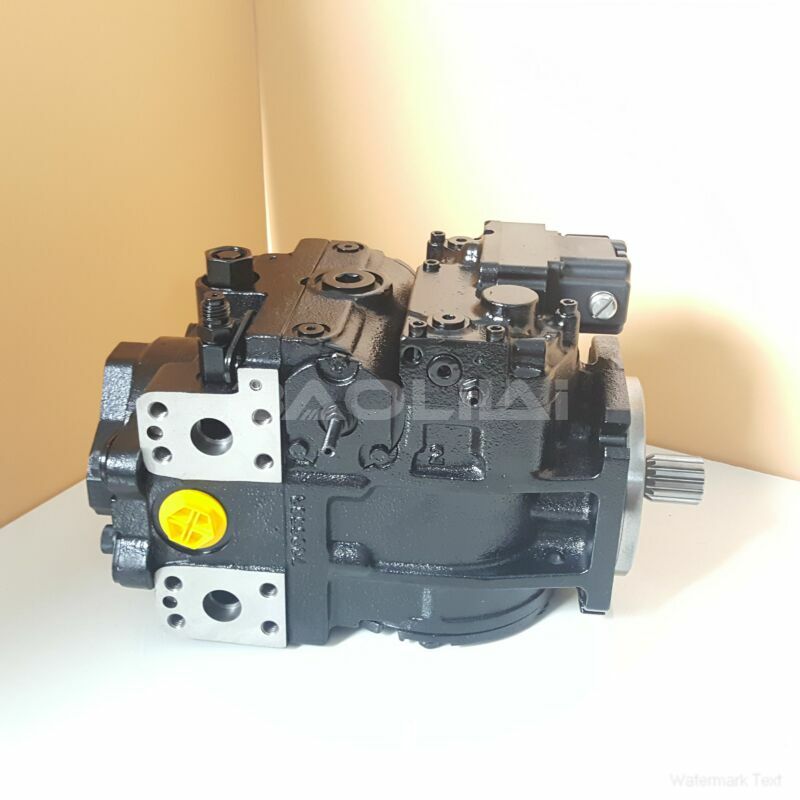90L055KP1BB60P3C6C03GBA323224 hydraulic pump
90L055KP1BB60P3C6C03GBA323224 hydraulic pump

- Product Details
- Applicable Scene
The integration of hydraulic oil pumps into underwater hydroelectric systems represents a significant advancement in renewable energy technology. These systems harness the power of flowing water to generate electricity sustainably, making them a crucial component in the transition towards cleaner energy sources. This article delves into the importance of hydraulic oil pumps in these systems, their design considerations, and the challenges faced in underwater environments.
90-L-055-KP-1-BB-60-P-3-C6-C-03-GBA-32-32-24
90L055KP1BB60P3C6C03GBA323224
Hydraulic oil pumps play a vital role in transferring energy within underwater hydroelectric systems. They are responsible for transporting hydraulic fluid used to activate turbines that convert kinetic energy from water into mechanical energy, and subsequently into electrical energy. The efficiency and reliability of these pumps directly impact the overall performance of the hydroelectric system.

9422236C
When designing hydraulic oil pumps for underwater applications, several factors must be considered. First and foremost is the pressure and temperature conditions of the operating environment. Underwater systems experience significant pressure variations depending on depth, which can affect pump performance. Therefore, materials used in pump construction must be chosen carefully to withstand these pressures while also resisting corrosion caused by seawater.
Another important consideration is the flow rate and viscosity of the hydraulic fluid. The pump must be designed to handle varying flow rates, ensuring smooth operation across different conditions. Additionally, the viscosity of the hydraulic oil can change with temperature, which may affect pump efficiency. Designers must consider these variables to optimize the hydraulic system’s performance.
Noise and vibration are additional factors that impact the design of hydraulic pumps for underwater use. Excessive noise levels can affect marine life, while vibrations can lead to mechanical failures. It is crucial to incorporate noise reduction technologies and vibration dampening materials during the design phase to mitigate these issues.
The modularity and ease of maintenance of hydraulic oil pumps are also important design considerations. Regular maintenance is essential in underwater systems to prevent failures and ensure longevity. Designing the pumps to be modular allows for easier repairs and component replacements without requiring extensive downtime or complex retrieval operations.





